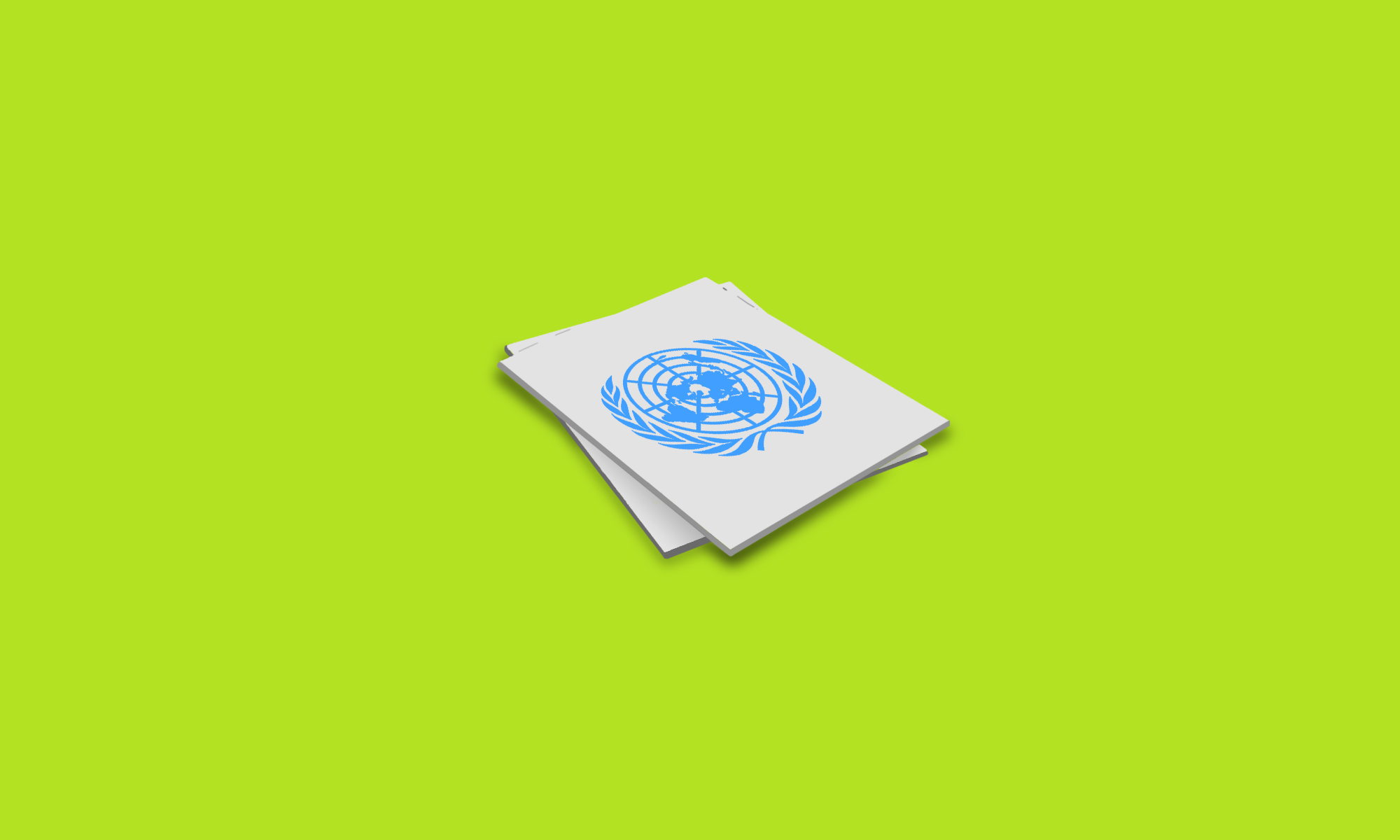The UN says China ‘may be committing crimes against humanity’ in Xinjiang
More than three months after her fact-finding visit to China, the outgoing head of the United Nations main human rights organization released her report on human rights abuses against Uyghurs and other Muslim minorities. The document does not make Beijing look good.

Last night, in the final minutes of UN High Commissioner of Human Rights Michelle Bachelet’s tenure, her office released its long-awaited report, titled “Assessment of human rights concerns in the Xinjiang Uyghur Autonomous Region, People’s Republic of China.”
- The UN News also published a summary of the report and its context.
The report’s publication had been delayed, without explanation, since Bachelet visited China and Xinjiang in May this year, with the Chinese government pressuring the UN to cancel it, while Uyghur rights organizations around the world called for its release.
- Some activists had also called for Bachelet’s resignation after her visit, which some said helped the Chinese government to whitewash crimes against humanity.
- The UN published the Chinese government’s response at the same time as the report, so it is clear that there has been a great deal of pushback from Beijing all along.
The UN document confirms much of the media reporting about China’s treatment of Uyghurs and other Muslim minorities in Xinjiang (XUAR):
- It explicitly refers to “human rights violations,” and says that allegations of “patterns of torture or ill-treatment, including forced medical treatment and adverse conditions of detention, are credible, as are allegations of individual incidents of sexual and gender-based violence.”
- The report says China’s actions “may constitute international crimes, in particular crimes against humanity.”
- However, the report does not mention the word genocide, which is how many activists and the U.S. government have characterized China’s treatment of Uyghurs.
The report makes recommendations to the Chinese government, including that it:
- Releases all individuals who have been “arbitrarily deprived of their liberty” in Xinjiang;
- “Urgently clarifies the whereabouts” of people missing in Xinjiang whose families have been seeking information about them;
- Reviews “the legal framework” around “national security, counterterrorism, and minority rights” in Xinjiang; and
- Suspends the destruction of mosques, shrines, and cemeteries.
China news, weekly.
Sign up for The China Project’s weekly newsletter, our free roundup of the most important China stories.
Reactions
No one will be surprised by any of the reactions to the report:
The Chinese government is in high dudgeon. At the Foreign Ministry’s daily press briefing
(transcripts in English, Chinese), the spokesperson said, “This so-called assessment is orchestrated and produced by the U.S. and some Western forces and is completely illegal, null, and void,” calling it “a patchwork of disinformation” that had been “fabricated…based on the political scheme of some anti-China forces outside China.”
The president of the exile political group World Uyghur Congress, Dolkun Isa, said the report “paves the way for meaningful and tangible action by member states, UN bodies, and the business community.”
- However, the World Uyghur Congress spokesperson, Dilxat Raxit, said the report did not go far enough and should have characterized “these extreme atrocities in China as genocide.” Uyghurs living in Turkey who were interviewed by Reuters expressed similar regrets.
Some foreign governments and officials welcomed the report and called on Beijing to act on it, including British Foreign Secretary Liz Truss, the German Foreign Ministry, and the European Union’s top diplomat, Josep Borrell.
UN Secretary-General Antonio Guterres said he hopes China will “take on board the recommendations” made in the report.






